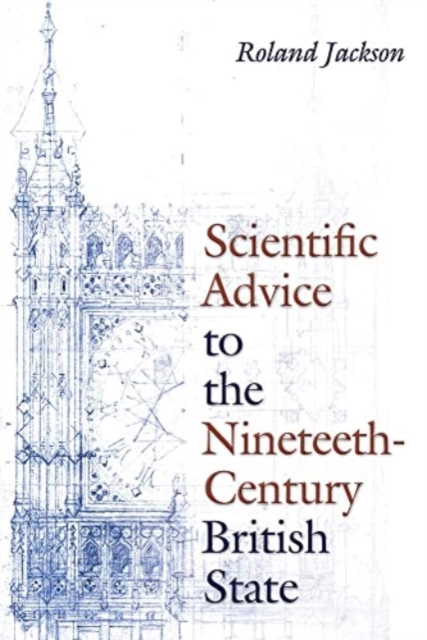
Scientific Advice to the Nineteenth-Century British State Hardback
by Roland Jackson
Part of the Science and Culture in the Nineteenth Century series
Hardback
Description
In twenty-first-century Britain, scientific advice to government is highly organized, integrated across government departments, and led by a chief scientific adviser who reports directly to the prime minister.
But at the end of the eighteenth century, when Roland Jackson’s account begins, things were very different.
With this book, Jackson turns his attention to the men of science of the day—who derived their knowledge of the natural world from experience, observation, and experiment—focusing on the essential role they played in proffering scientific advice to the state, and the impact of that advice on public policy.
At a time that witnessed huge scientific advances and vast industrial development, and as the British state sought to respond to societal, economic, and environmental challenges, practitioners of science, engineering, and medicine were drawn into close involvement with politicians.
Jackson explores the contributions of these emerging experts, the motivations behind their involvement, the forces that shaped this new system of advice, and the legacy it left behind.
His book provides the first detailed analysis of the provision of scientific, engineering, and medical advice to the nineteenth-century British government, parliament, the civil service, and the military.
Information
-
Available to Order - This title is available to order, with delivery expected within 2 weeks
- Format:Hardback
- Pages:420 pages
- Publisher:University of Pittsburgh Press
- Publication Date:14/11/2023
- Category:
- ISBN:9780822947905
Information
-
Available to Order - This title is available to order, with delivery expected within 2 weeks
- Format:Hardback
- Pages:420 pages
- Publisher:University of Pittsburgh Press
- Publication Date:14/11/2023
- Category:
- ISBN:9780822947905










